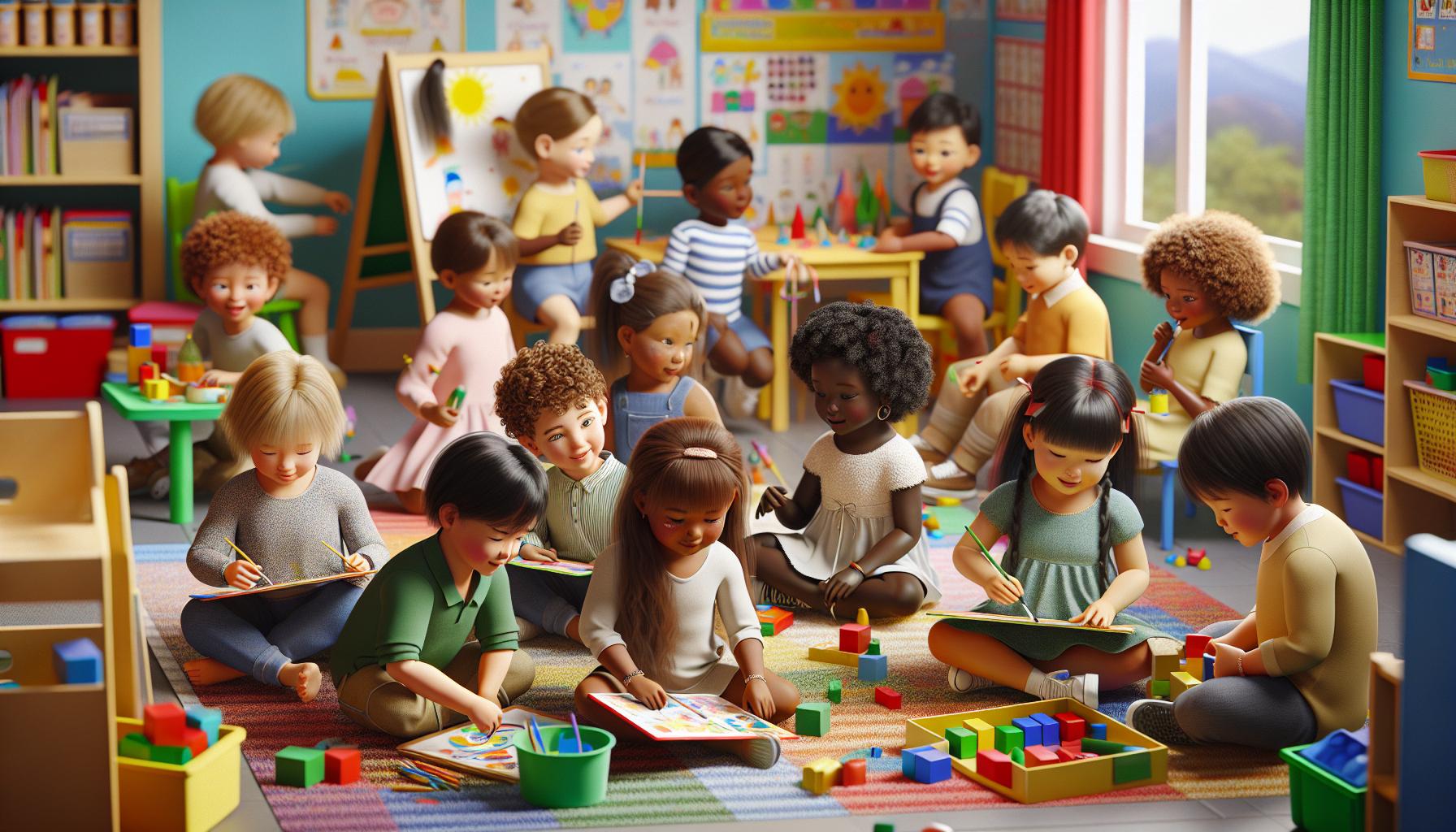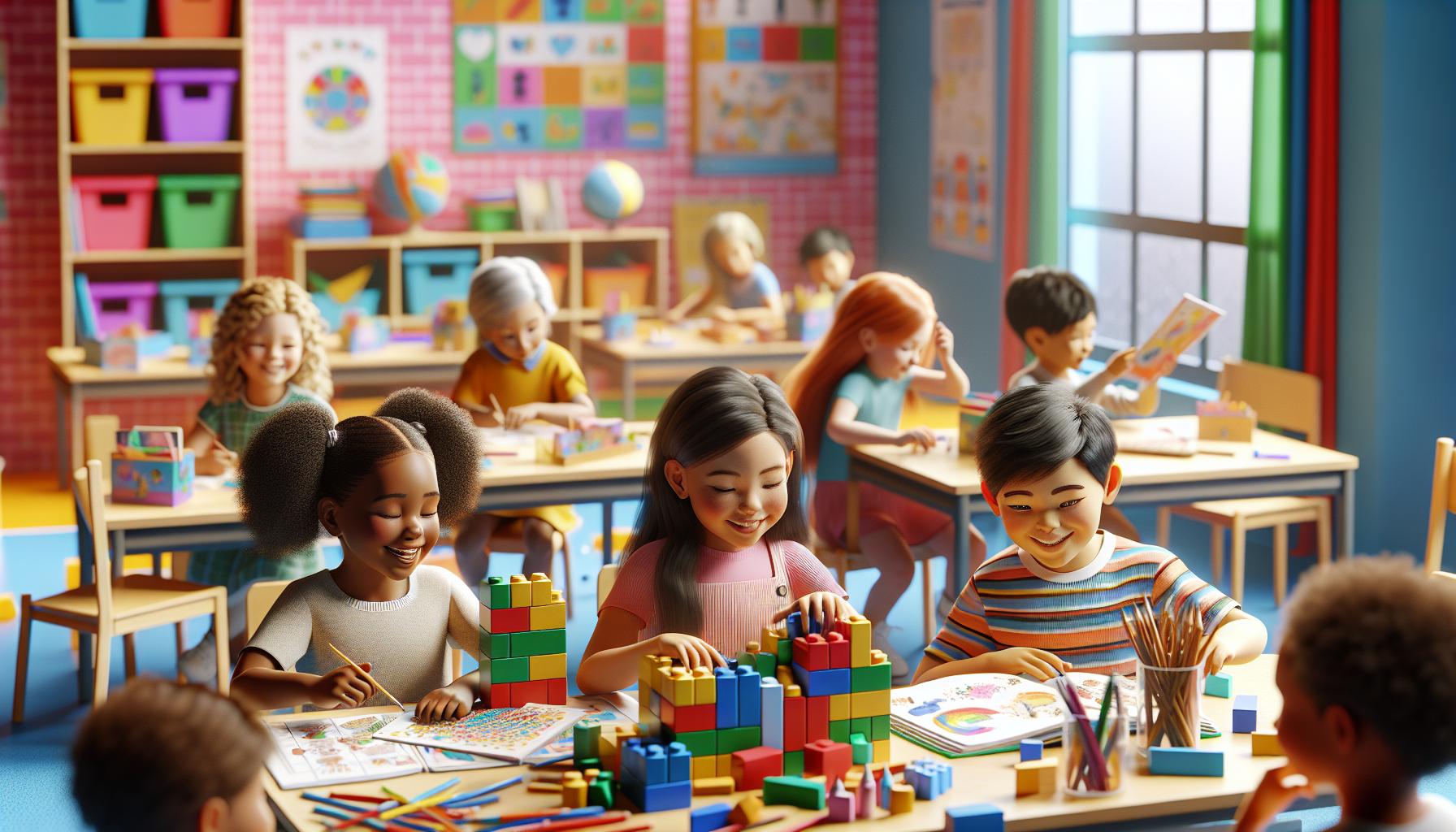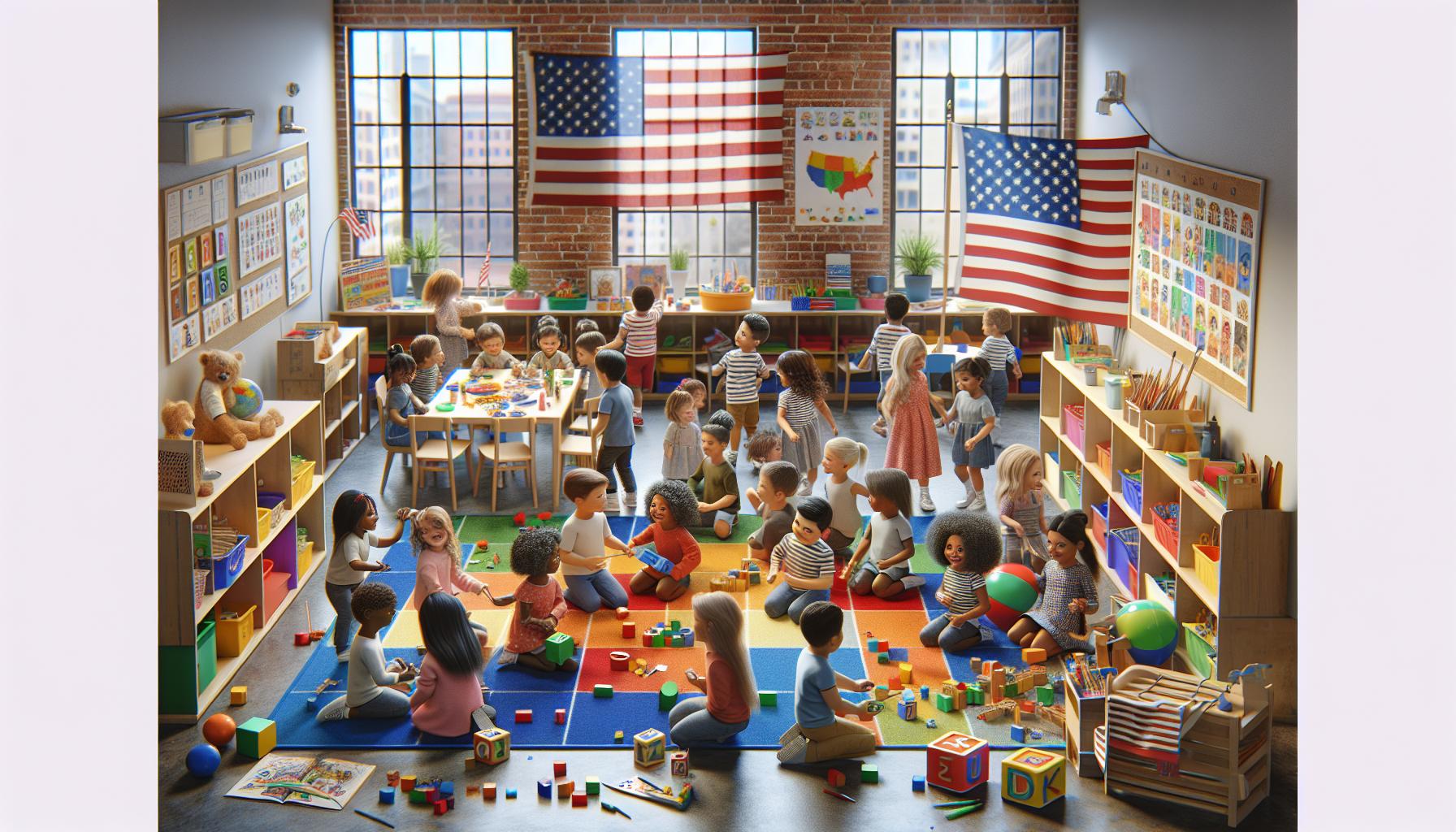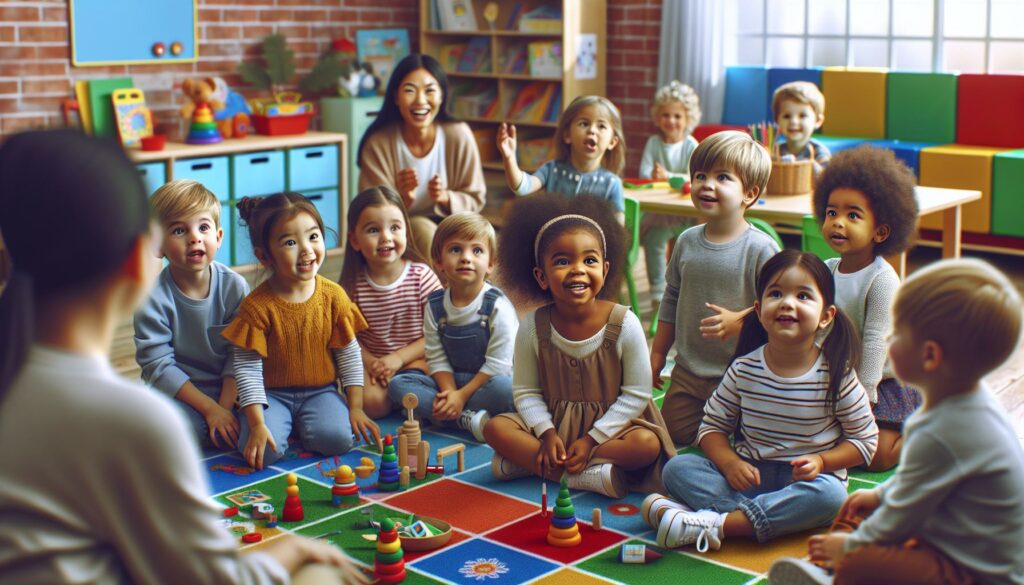Early childhood education is a crucial phase in a child’s development, laying the foundation for lifelong learning. When I think about this stage, I often wonder what grades truly encompass early childhood education. Typically, it includes programs for children from birth to around eight years old, covering preschool through early elementary grades.
During this formative period, children engage in activities that promote cognitive, social, and emotional growth. Understanding the specific grades involved helps parents and educators make informed decisions about a child’s educational journey. Let’s dive into the details of what grades fall under early childhood education and why they matter so much in shaping a child’s future.
Key Takeaways
- Early childhood education spans from birth to around eight years old, including preschool, pre-kindergarten, and early elementary grades, laying a foundation for lifelong learning.
- Quality early childhood programs enhance cognitive, social, and emotional development, resulting in better academic performance and higher graduation rates.
- Key components of early childhood education include a well-crafted curriculum, qualified educators, family engagement, regular assessments, and inclusive practices to support diverse learners.
- Preschool programs focus on essential skills such as socialization, early literacy, and numeracy, significantly preparing children for kindergarten.
- Kindergarten serves as a critical transition, emphasizing structured academic learning alongside social and emotional growth.
- Early childhood education not only promotes long-term academic success but also develops vital life skills such as communication, emotional intelligence, and problem-solving abilities.
What Grades Are Early Childhood Education
Early childhood education plays a crucial role in shaping a child’s future. It not only supports academic growth but also nurtures essential life skills during critical developmental years.
Definition and Importance
Early childhood education refers to structured educational programs targeting children from birth up to around eight years old. These programs include preschool, pre-kindergarten, and early elementary grades. Early childhood education is essential as it lays the groundwork for lifelong learning. Research shows that children engaged in quality early education display enhanced cognitive abilities, better social skills, and improved emotional regulation. Investing in early childhood education yields significant benefits, including increased high school graduation rates and better career opportunities.
Key Components of Early Childhood Education
Key components of early childhood education ensure a well-rounded developmental experience.
- Curriculum Development: Curriculum focuses on both academic and social-emotional skills, incorporating play-based and hands-on learning activities.
- Qualified Educators: Educators should possess the appropriate qualifications and training to foster a nurturing and stimulating environment.
- Family Engagement: Involving families strengthens the home-school connection, aiding children’s learning and development.
- Assessment Methods: Regular assessments help track progress and tailor instruction to meet individual child needs.
- Inclusive Practices: Early childhood programs should embrace diversity and inclusivity, providing equitable learning opportunities for all children.
Understanding these elements helps parents and educators enhance the educational journey for young children, ensuring they thrive during these formative years.
Grades Typically Included in Early Childhood Education

Early childhood education typically encompasses several key grades, each serving specific developmental needs. Programs range from preschool offerings for younger children to the foundational kindergarten experience.
Preschool Programs
Preschool programs cater to children aged three to five. They focus on developing social skills, early literacy, and basic numeracy. Common activities include storytelling, art projects, and structured play, fostering a child’s creativity and imagination. Research shows that quality preschool education significantly enhances a child’s readiness for kindergarten. Programs may be offered in various formats, including half-day or full-day options, helping families choose what best fits their situation.
Kindergarten
Kindergarten serves as a critical transition from preschool to formal education. Typically for children aged five to six, kindergarten builds on the foundational skills learned in preschool, with an emphasis on academic learning in a structured environment. Subjects often include reading, writing, and math, alongside social and emotional development. Teachers utilize play-based and hands-on approaches to make learning engaging and interactive. Studies indicate that children who attend kindergarten demonstrate stronger academic performance in later grades.
Curriculum and Learning Outcomes

The curriculum in early childhood education focuses on fostering holistic development in children. By aligning with educational standards, programs ensure that children gain essential skills for future success.
Educational Standards
Educational standards in early childhood establish benchmarks for learning. These standards guide the curriculum, ensuring age-appropriate content and experiences. They cover key areas, including:
- Language Development: Enhancing vocabulary, listening skills, and comprehension.
- Mathematics: Introducing basic concepts such as counting, shapes, and patterns.
- Science: Encouraging curiosity about the natural world through hands-on exploration.
- Social Studies: Promoting awareness of community, culture, and diversity.
- Physical Development: Supporting fine and gross motor skills through active play and movement.
These standards promote a structured yet flexible approach, allowing educators to adapt based on individual needs.
Social and Emotional Development
Social and emotional development is vital during early childhood. Educators create environments that encourage healthy relationships, self-regulation, and empathy. Key components include:
- Interpersonal Skills: Teaching children to share, cooperate, and communicate effectively.
- Self-Confidence: Providing opportunities for decision-making and problem-solving.
- Emotional Regulation: Helping children identify and manage their feelings.
- Conflict Resolution: Guiding children in resolving disagreements peacefully.
Fostering social and emotional development sets the stage for lifelong interpersonal skills, impacting future academic and personal success.
Benefits of Early Childhood Education

Early childhood education offers numerous advantages that extend beyond immediate academic gains. It lays a strong foundation for lifelong learning and personal development.
Long-Term Academic Success
Research shows that children who participate in high-quality early childhood education experience long-term academic success. They often demonstrate higher achievement in subsequent grades, showing improved literacy and numeracy skills. For instance, studies indicate that students with early education are 20% more likely to complete high school compared to their peers without, highlighting the impact of early intervention on long-term educational outcomes. Engaging curricula during these formative years promote critical thinking, problem-solving abilities, and a love for learning, creating a solid base for future academic endeavors.
Development of Life Skills
In addition to academic benefits, early childhood education fosters essential life skills. Children develop communication, collaboration, and emotional intelligence through structured play and interactive learning environments. For example, they learn conflict resolution through guided group activities, enhancing social competence. Statistics show that socially adept children in early education settings maintain stronger relationships throughout their lives. Additionally, self-regulation skills acquired during this stage help children manage their emotions and behaviors effectively, contributing to overall success in school and beyond. These vital skills support adaptability and resilience, preparing children for the challenges of both academic and social landscapes.
Curriculum Development
Understanding the grades involved in early childhood education is crucial for fostering a child’s development. By recognizing the significance of preschool and kindergarten, parents and educators can make informed choices that support a child’s learning journey. These early experiences lay the groundwork for future academic success and personal growth.
Investing in quality early childhood education not only enhances immediate learning outcomes but also equips children with essential life skills. As I reflect on the importance of these formative years, it’s clear that prioritizing early education is a step toward ensuring a brighter future for our children.

